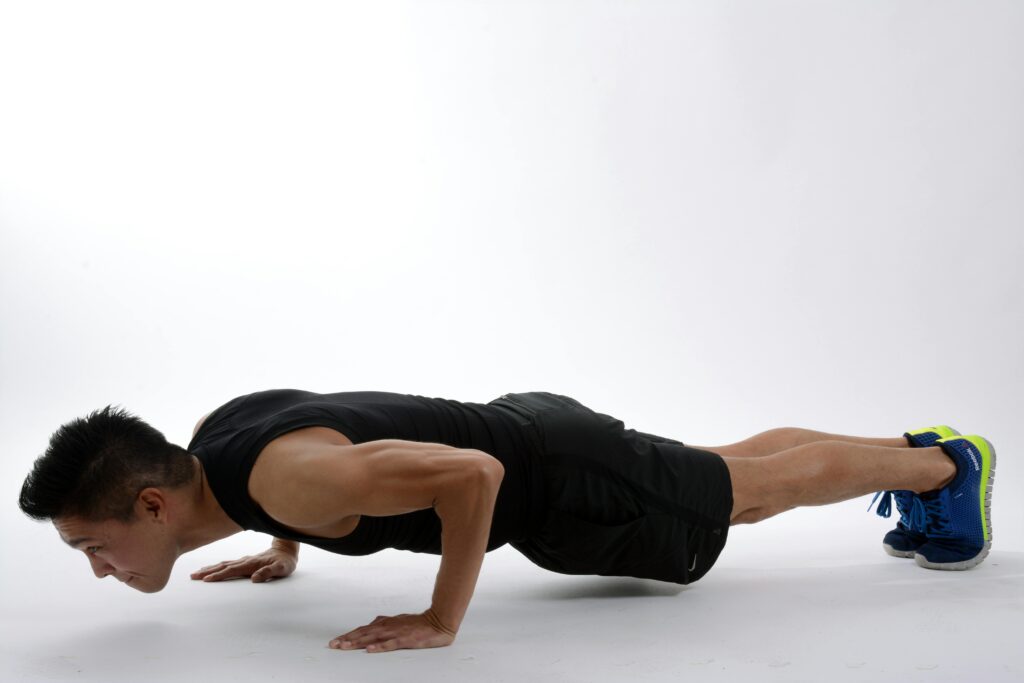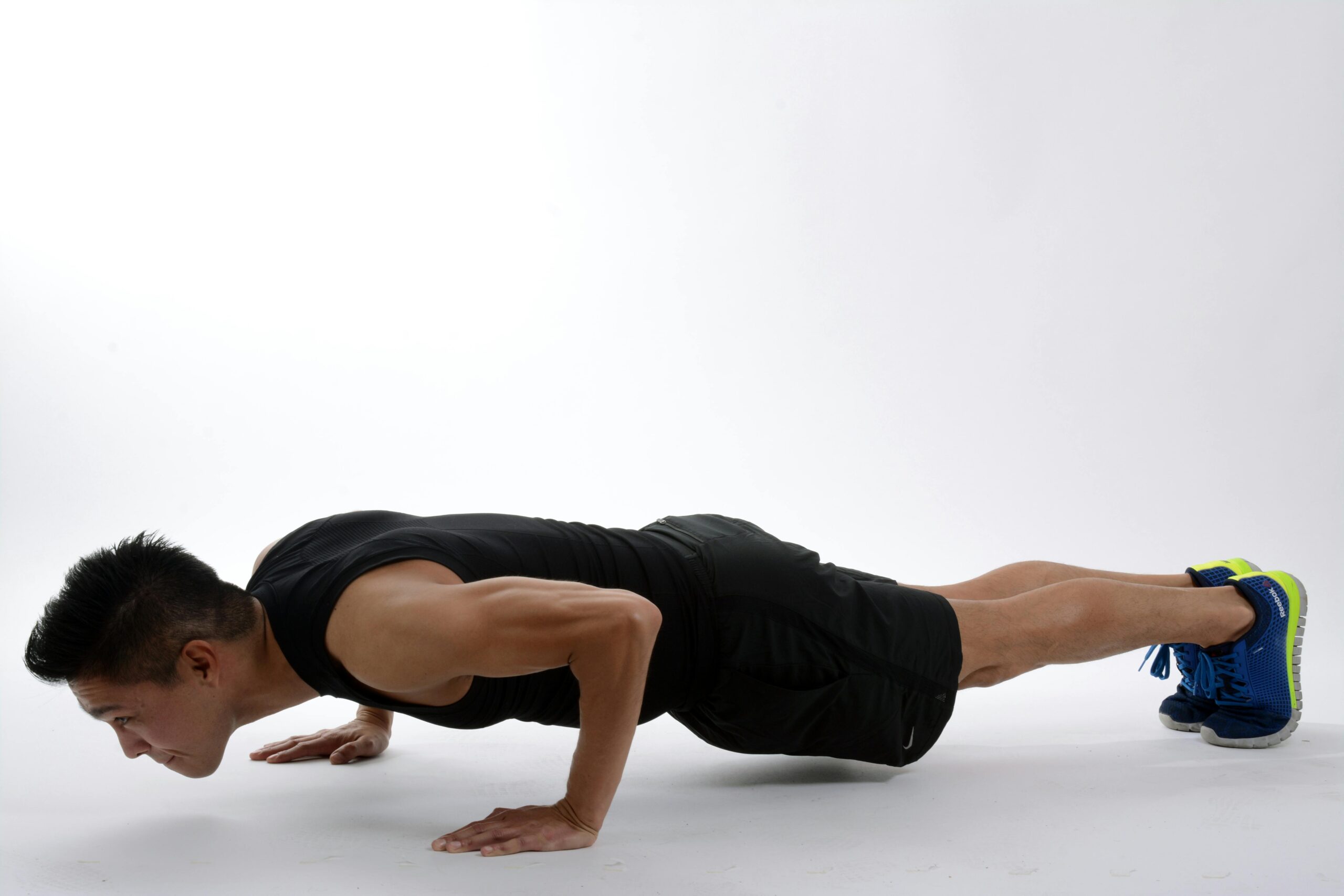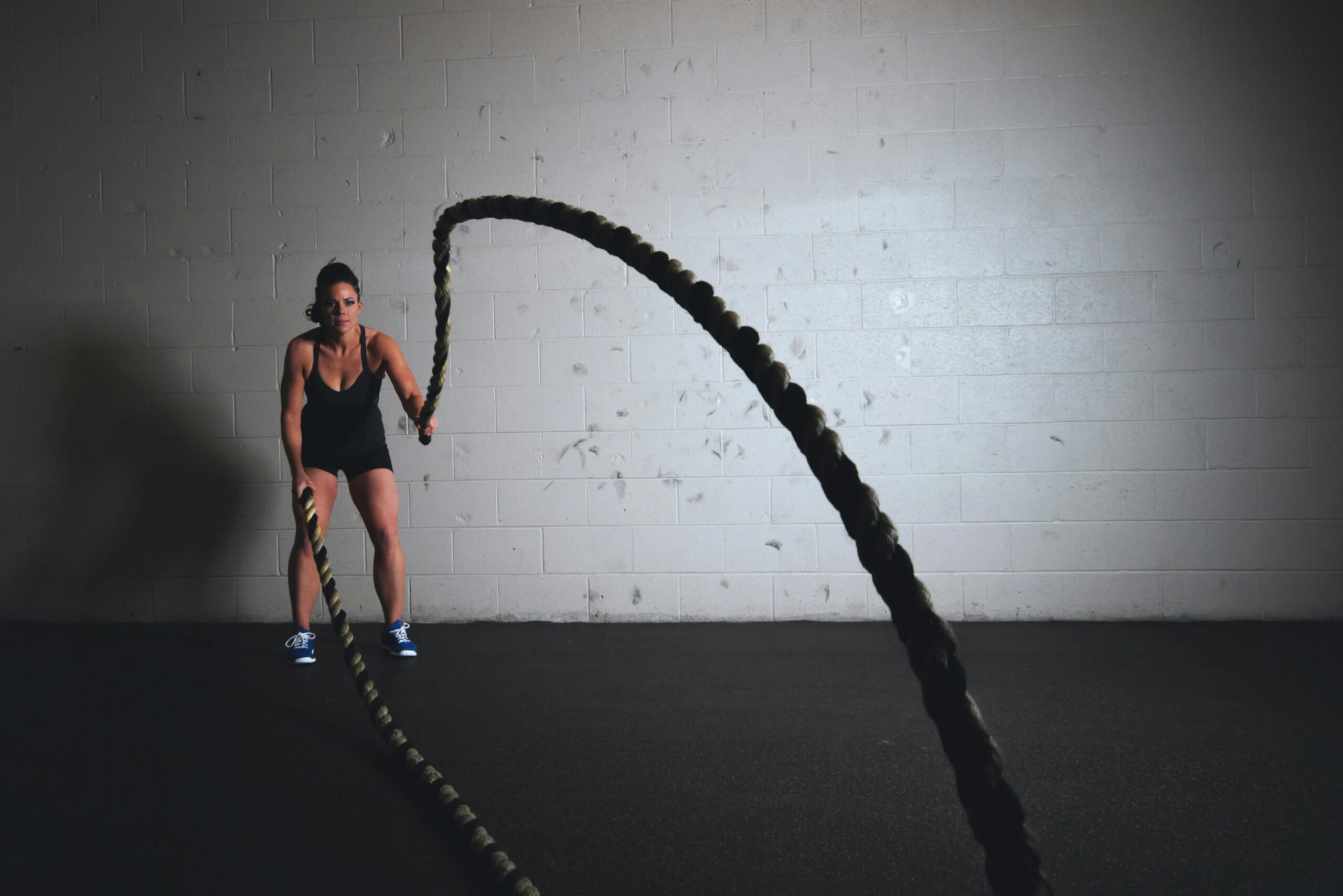Table of Contents
In today’s fast-paced world, where sedentary lifestyles and unhealthy habits dominate, fitness has emerged as a beacon of hope. A well-rounded fitness routine does not only improve your physical appearance but also boosts mental health, enhances longevity, and improves overall quality of life. In this comprehensive guide, we’ll dive into the essentials of fitness, exploring physical, mental, and nutritional aspects to help you unlock your full potential.
Understanding Fitness
Fitness is not just about having a six-pack or running a marathon. It’s about achieving a state of physical, mental, and emotional well-being. There are five main components of fitness:
- Cardiovascular Endurance: The ability of your heart and lungs to deliver oxygen to your body during prolonged physical activity.
- Muscular Strength: The amount of force your muscles can exert in a single effort.
- Muscular Endurance: The ability of your muscles to perform repetitive tasks without fatigue.
- Flexibility: The range of motion around a joint.
- Body Composition: The proportion of fat, bone, water, and muscle in your body.
By focusing on all these components, you can create a balanced fitness plan tailored to your needs.

Setting Realistic Fitness Goals
Goal setting is the cornerstone of any successful fitness journey. The key to achieving your fitness objectives lies in setting SMART goals:
- Specific: Clearly define what you want to achieve (e.g., lose 5 kg, run 5 km in 30 minutes).
- Measurable: Ensure progress can be tracked (e.g., track weight loss or running times).
- Achievable: Set goals that challenge you but remain attainable.
- Relevant: Ensure goals align with your lifestyle and values.
- Time-bound: Set deadlines to maintain focus and motivation.
For example, instead of saying, “I want to get fit,” aim for “I’ll attend three fitness classes a week for the next month.”
Crafting an Effective Workout Plan
To build a well-rounded routine, include a mix of the following workout types:
1. Cardiovascular Training
Cardio exercises like running, swimming, and cycling improve heart health and burn calories. Aim for at least 150 minutes of moderate aerobic activity or 75 minutes of vigorous activity weekly.
2. Strength Training
Strength training builds muscle, boosts metabolism, and enhances bone density. Incorporate weightlifting, resistance band exercises, or bodyweight workouts like push-ups and squats at least twice a week.
3. Flexibility and Mobility Work
Practices like yoga and dynamic stretching enhance flexibility, reduce injury risk, and improve posture. Dedicate 10-15 minutes to stretching after each workout.
4. High-Intensity Interval Training (HIIT)
HIIT combines short bursts of intense exercise with brief rest periods, maximizing calorie burn in a shorter timeframe. Include HIIT sessions 1-2 times a week for added variety.
5. Recovery and Rest
Overtraining can lead to burnout and injuries. Incorporate rest days and low-intensity activities like walking or light yoga into your weekly schedule.
The Role of Nutrition in Fitness
Nutrition is the foundation of fitness. You can’t out-exercise a bad diet. Here are the key principles of a fitness-friendly diet:

1. Balance Macronutrients
- Carbohydrates: Provide energy for workouts. Opt for complex carbs like whole grains, fruits, and vegetables.
- Proteins: Aid muscle repair and growth. Include lean meats, eggs, dairy, and plant-based sources like beans and tofu.
- Fats: Support hormone production and energy storage. Focus on healthy fats like avocados, nuts, seeds, and olive oil.
2. Stay Hydrated
Water is essential for optimal performance and recovery. Drink at least 2-3 liters daily, more if you’re exercising intensely.
3. Prioritize Meal Timing
Eating before and after workouts ensures energy for exercise and aids recovery. Pre-workout snacks might include a banana or a slice of whole-grain toast with peanut butter. Post-workout meals should combine protein and carbs, like a chicken and quinoa salad.
4. Avoid Processed Foods
Minimize consumption of sugary drinks, fried foods, and snacks high in trans fats. Opt for fresh, whole foods whenever possible.
Mental Fitness: The Often-Ignored Pillar
Physical and mental fitness go hand in hand. Mental resilience helps you stay consistent and overcome challenges. Here are ways to boost mental fitness:
1. Practice Mindfulness
Mindfulness exercises, like meditation, reduce stress and improve focus. Spend 5-10 minutes daily practicing deep breathing or guided meditation.
2. Stay Positive
A positive mindset can dramatically impact your fitness journey. Surround yourself with supportive people and celebrate small wins.
3. Manage Stress
Chronic stress hampers recovery and can lead to emotional eating. Incorporate stress-reduction techniques like yoga, journaling, or spending time in nature.
4. Sleep Well
Quality sleep is crucial for muscle recovery, hormonal balance, and overall health. Aim for 7-9 hours of sleep per night.

Common Fitness Mistakes to Avoid
Many beginners make mistakes that hinder progress. Here are some pitfalls to avoid:
- Skipping Warm-ups and Cool-downs: These prevent injuries and aid recovery.
- Focusing Only on One Aspect of Fitness: Prioritize a balanced approach.
- Overtraining: Rest is as important as exercise.
- Ignoring Proper Form: Poor form increases injury risk.
- Unrealistic Expectations: Progress takes time and consistency.
Staying Motivated on Your Fitness Journey
Staying motivated can be challenging, especially during plateaus. Here’s how to stay on track:
- Track Progress: Keep a journal or use fitness apps to monitor milestones.
- Find a Workout Buddy: Accountability partners make workouts enjoyable.
- Switch It Up: Avoid monotony by trying new classes, sports, or workout routines.
- Reward Yourself: Celebrate achievements with non-food rewards like new workout gear.
Embracing Long-Term Fitness
Fitness is a lifelong commitment. Instead of viewing it as a short-term goal, integrate it into your lifestyle. Here’s how:
- Make It Fun: Choose activities you genuinely enjoy, whether it’s dancing, hiking, or swimming.
- Adopt a Growth Mindset: Embrace challenges as opportunities for growth.
- Educate Yourself: Stay updated on fitness trends and best practices.
- Listen to Your Body: Rest when needed and don’t ignore signs of overtraining or injuries.
Conclusion
Fitness is a journey, not a destination. By focusing on physical activities, nourishing your body with wholesome foods, and nurturing your mental well-being, you can achieve a balanced and healthy lifestyle. Remember, progress takes time and consistency. Celebrate small victories, learn from setbacks, and keep moving forward. Fitness is not about being the best; it’s about being better than you were yesterday.


